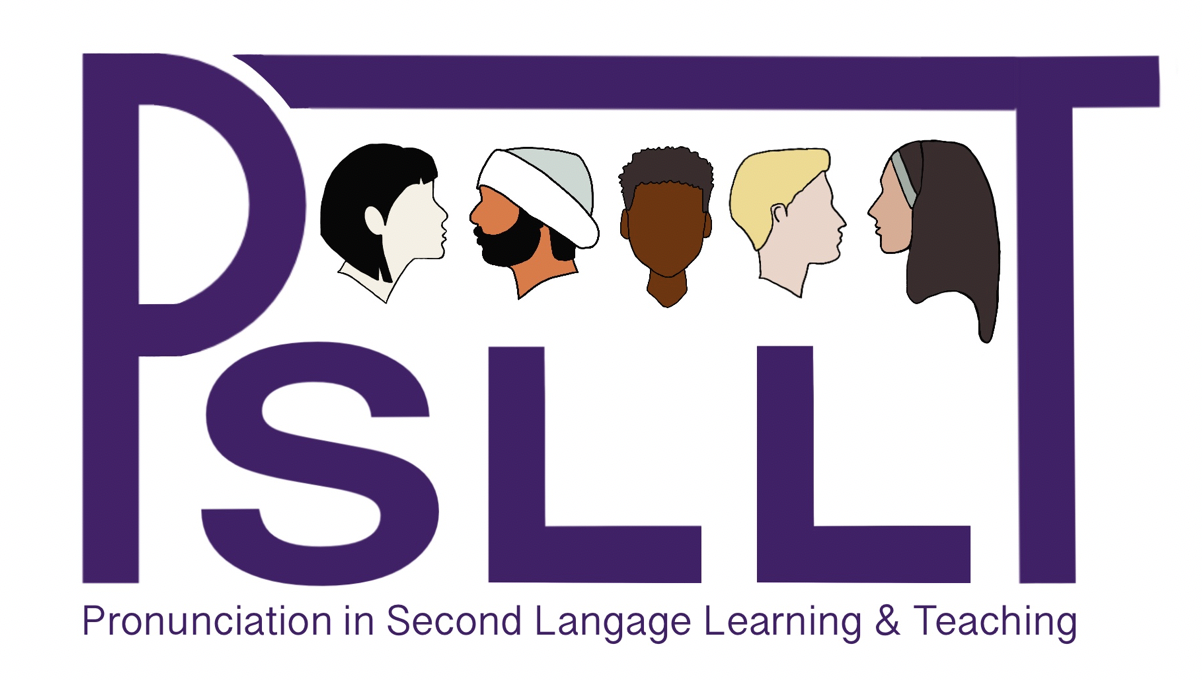Using ASR to Improve Taiwanese EFL Learners’ Pronunciation: Learning Outcomes and Learners’ Perceptions
- Wen-Hsin Chen (National Taipei University of Technology)
- Solène Inceoglu (Australian National University)
- Hyojung Lim (Kwangwoon University)
Abstract
Previous research has shown positive effects of Automatic Speech Recognition (ASR) on the development of second language (L2)pronunciation (Liakinet al., 2017) and on learners’ self-perception of their intelligibility (Mroz, 2018).However,empirical studieson the benefits of ASR for pronunciation improvement and learners’ engagement remain scant. The present study therefore investigatesthe effectof ASR onsegmental developmentand exploreslearners’ perception of ASR as a learning tool. A total of 47 Taiwanese university EFL students participated in six sessions of autonomous ASR practice over three weeks; for each practice session, participants used the ASRprogramson their mobile phones to record a short reading passageand minimal pairs.Vowel duration and F1 and F2 formant frequency values for minimal pair tokensproduced at pretest and posttestwere analyzed.The results of the acoustic analysis revealed that learners significantly improved the /æ/-/ɛ/distinction in production, while continuing to struggle with the /i/-/ɪ/contrast. The participants also reported less positive experience of and attitude toward the use of ASR for pronunciation practice than observed in previous studies. Possible reasons for the findings are discussed.
How to Cite:
Chen, W., Inceoglu, S. & Lim, H., (2019) “Using ASR to Improve Taiwanese EFL Learners’ Pronunciation: Learning Outcomes and Learners’ Perceptions”, Pronunciation in Second Language Learning and Teaching Proceedings 11(1).
Downloads:
Download PDF
View PDF
